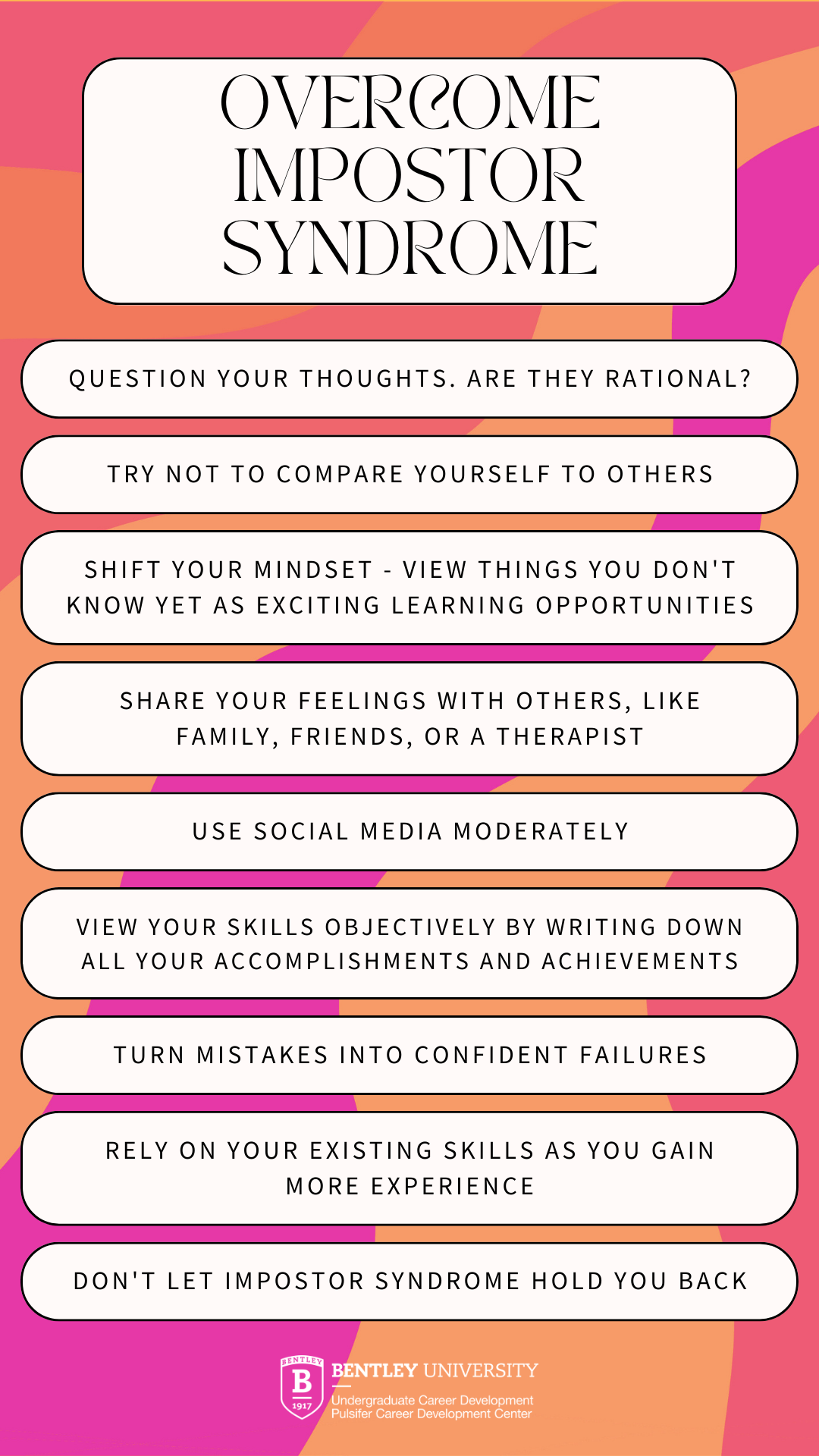In today's fast-paced world, people often face internal obstacles that affect their daily lives. Among these, procrastination, emotional dependency, and impostor syndrome are some of the most common challenges. What can you do to break free from these patterns?
This article, we will explore the root causes and strategies to address these three challenges. By understanding their impact and learning how to tackle them, you can take control of your life.
What is Procrastination?
Procrastination refers to postponing important activities even when you are aware of the consequences. This behavior is frequently linked to emotional or psychological factors, such as anxiety or self-doubt.

When procrastination takes over, it can lead to stress, missed opportunities, and reduced productivity. Overcoming procrastination requires developing procrastinando o que é better habits and o que é síndrome do impostor creating o'que é sindrome do impostor actionable plans. Consider techniques like the Pomodoro Technique or setting realistic deadlines to stay on track.
What is Emotional Dependency?
Emotional dependency is a state where a person depends excessively on external relationships to fulfill their emotional needs. Although relationships are fundamental, emotional dependency can become unhealthy when it leads to a lack of independence.

Symptoms often include a fear of rejection, difficulty making decisions independently, and an overwhelming need for reassurance. Breaking free from this pattern, it’s crucial to build self-confidence and cultivate self-reliance. Engaging in personal development activities and professional guidance can provide significant support.
What is Impostor Syndrome?
Impostor syndrome is the persistent belief where individuals doubt their accomplishments despite evident success. People with impostor syndrome tend to undermine their abilities rather than skill or effort.

Impostor syndrome often results in anxiety, self-doubt, and hesitation to pursue new opportunities. To overcome impostor syndrome involves reframing negative thoughts and acknowledging personal successes. Seeking feedback from trusted peers and embracing self-compassion can also help you build confidence.
How to Address These Challenges?
Here are some practical steps:
- Develop structured daily plans and break larger tasks into smaller milestones.
- Build self-awareness to identify patterns of emotional dependency and work towards independence.
- Practice gratitude to counter impostor syndrome and consider therapy or coaching.
Long-term improvement requires persistence, so keep practicing these methods to achieve lasting transformation.
Conclusion: Taking the First Step
These challenges may seem daunting, but they are manageable with the right strategies. By understanding their roots and applying effective techniques, you open the door to personal growth.
Take the first step by acknowledging where you stand and adopting simple, actionable strategies. Remember: progress is a journey, not a destination.